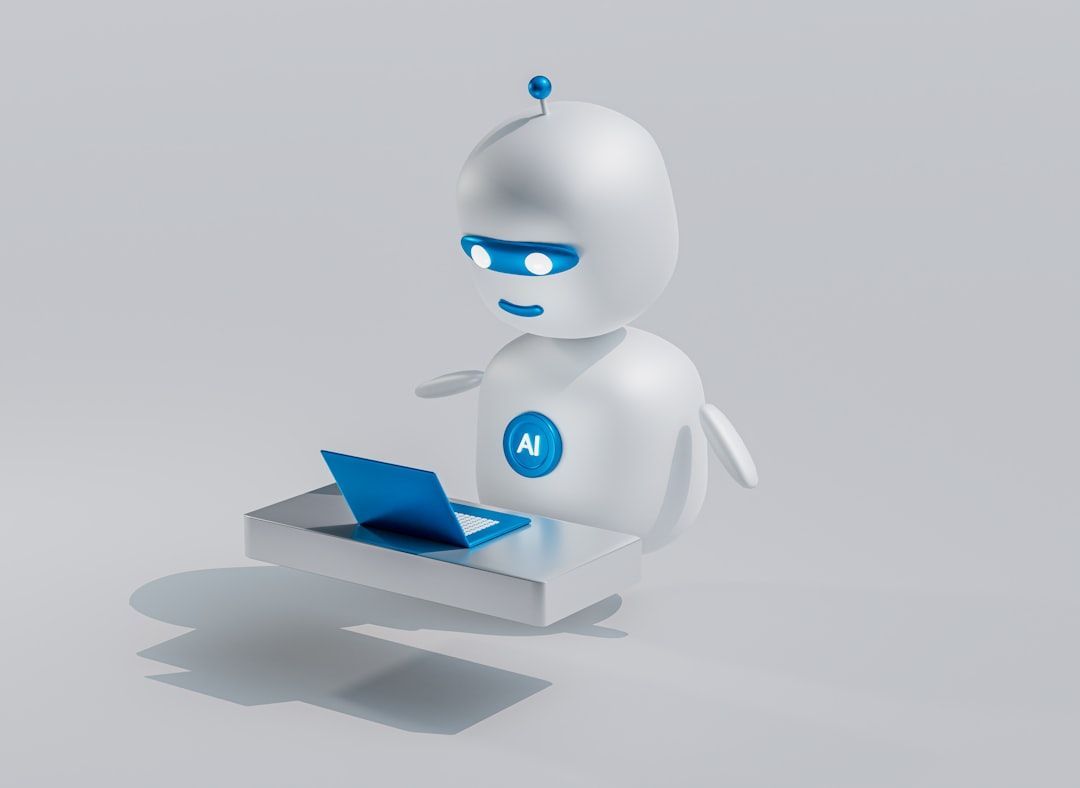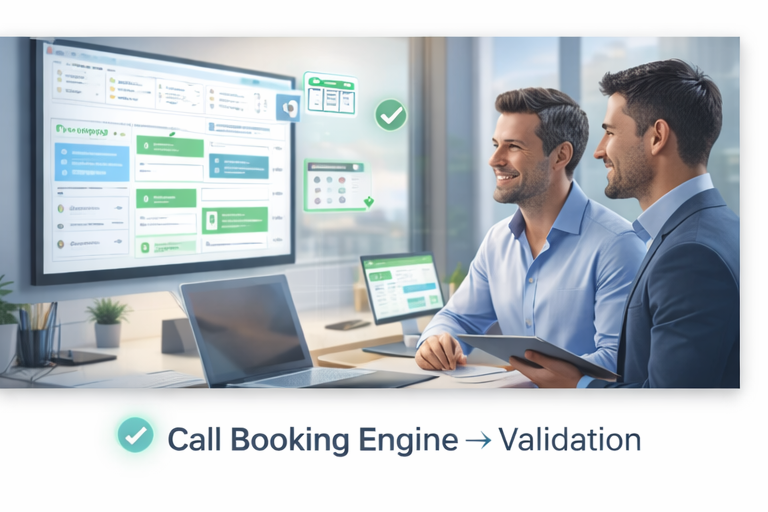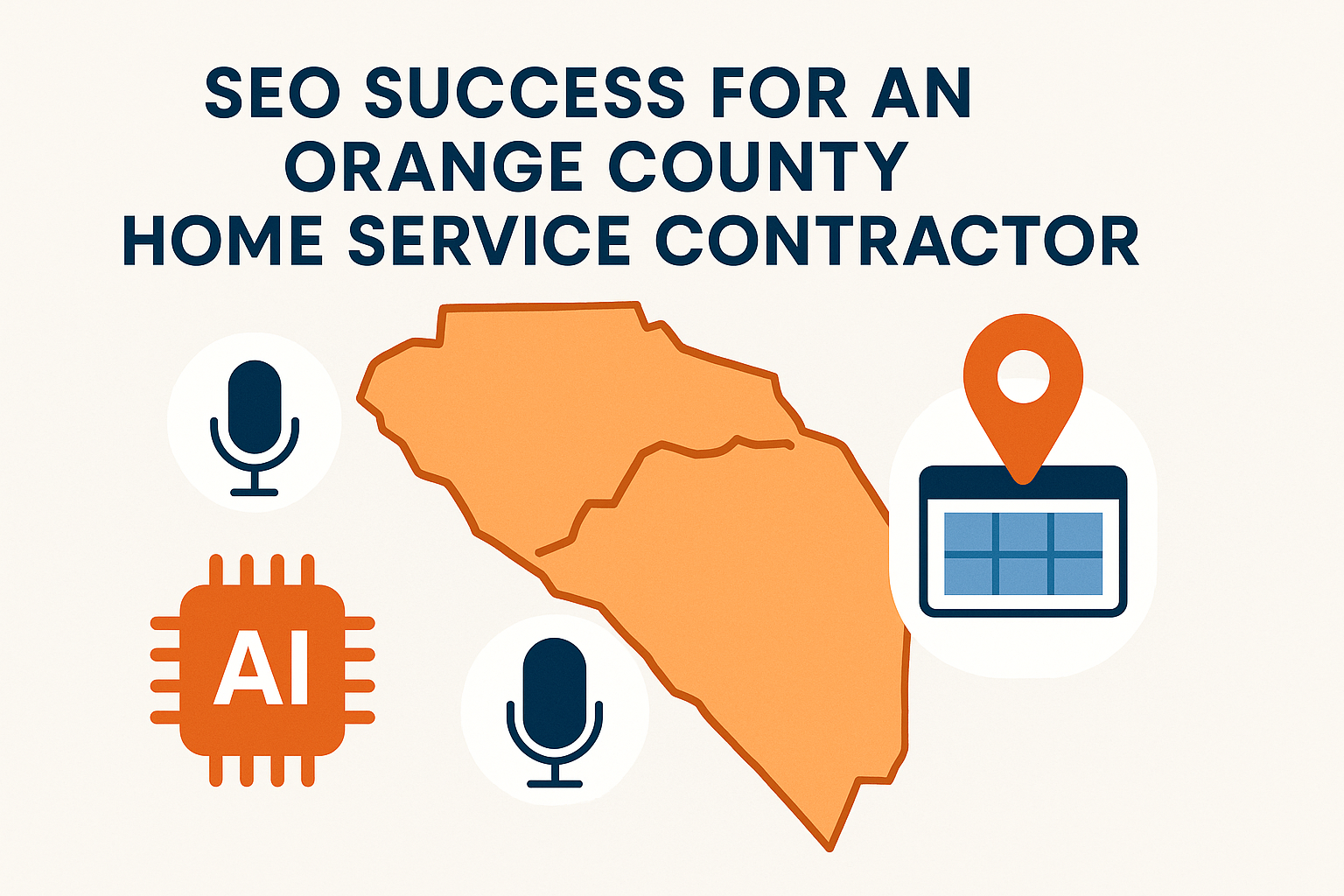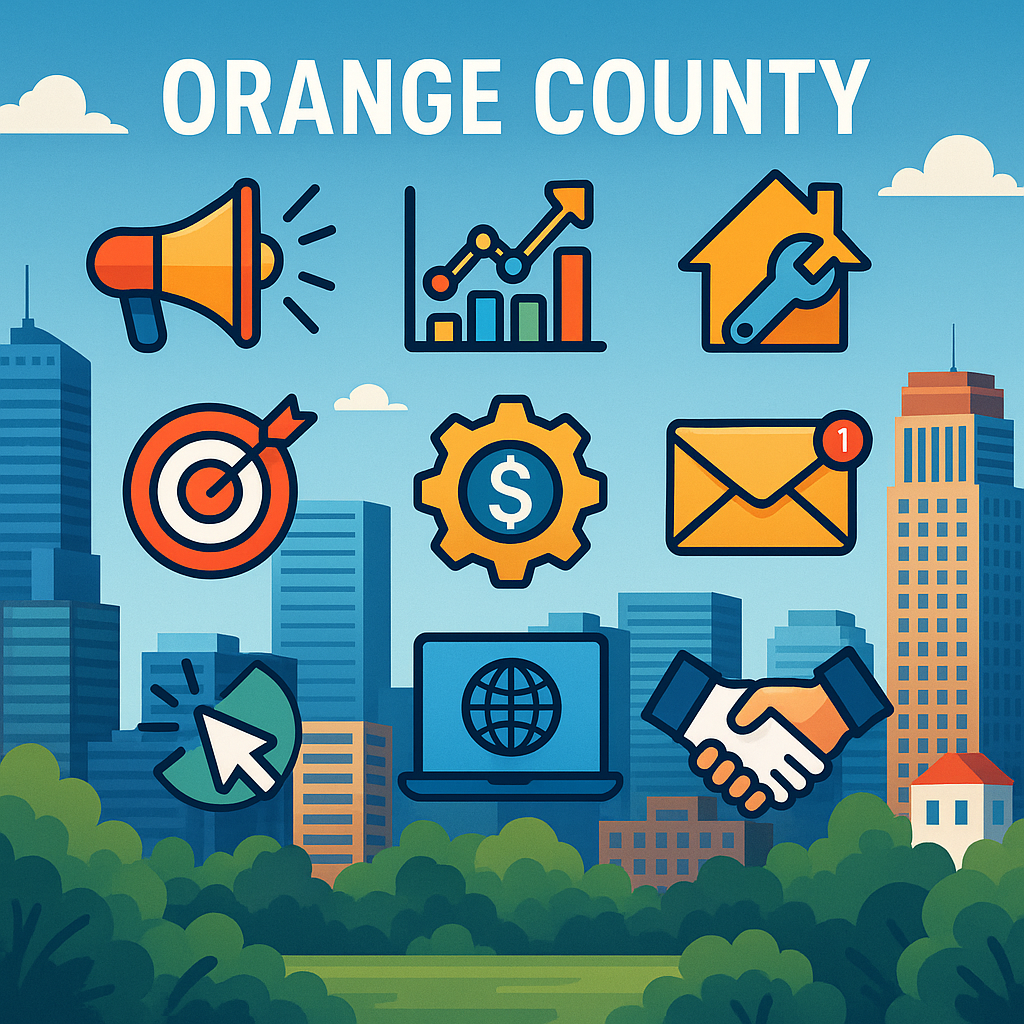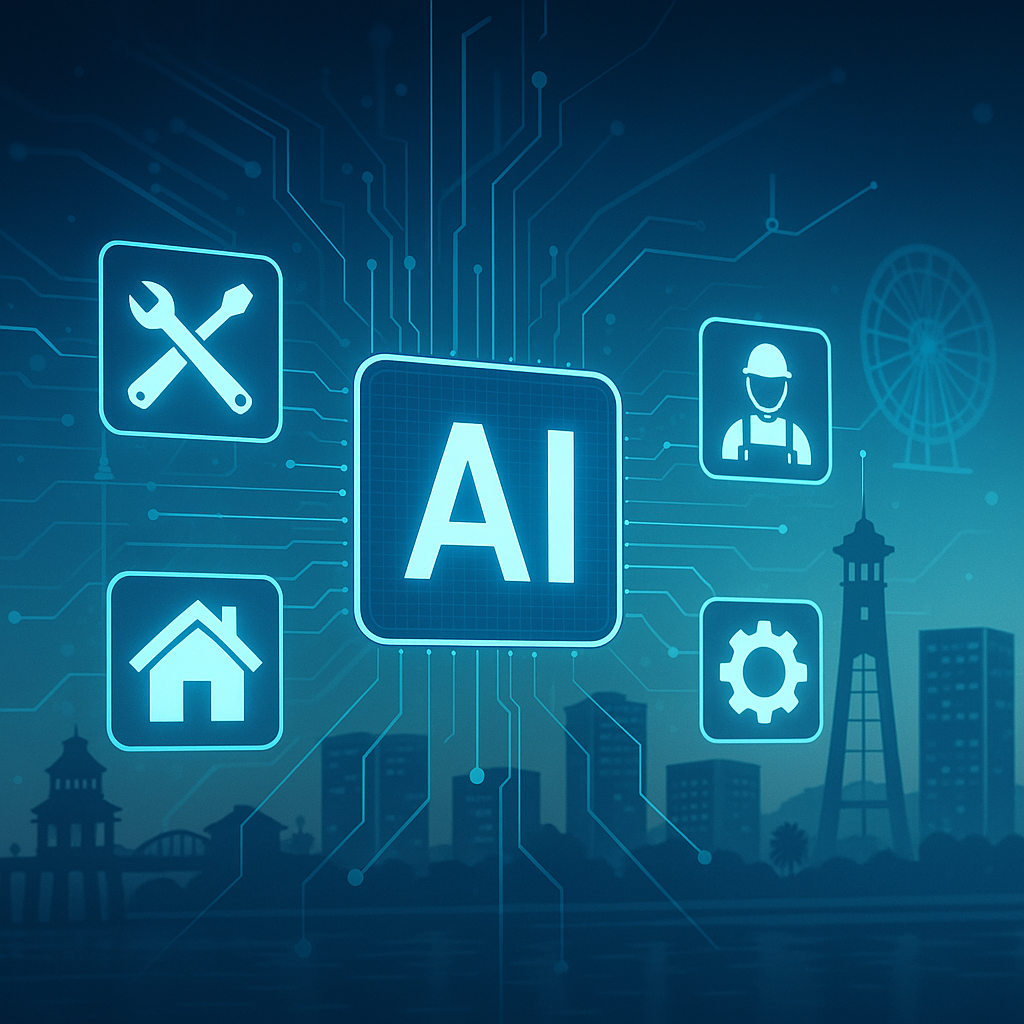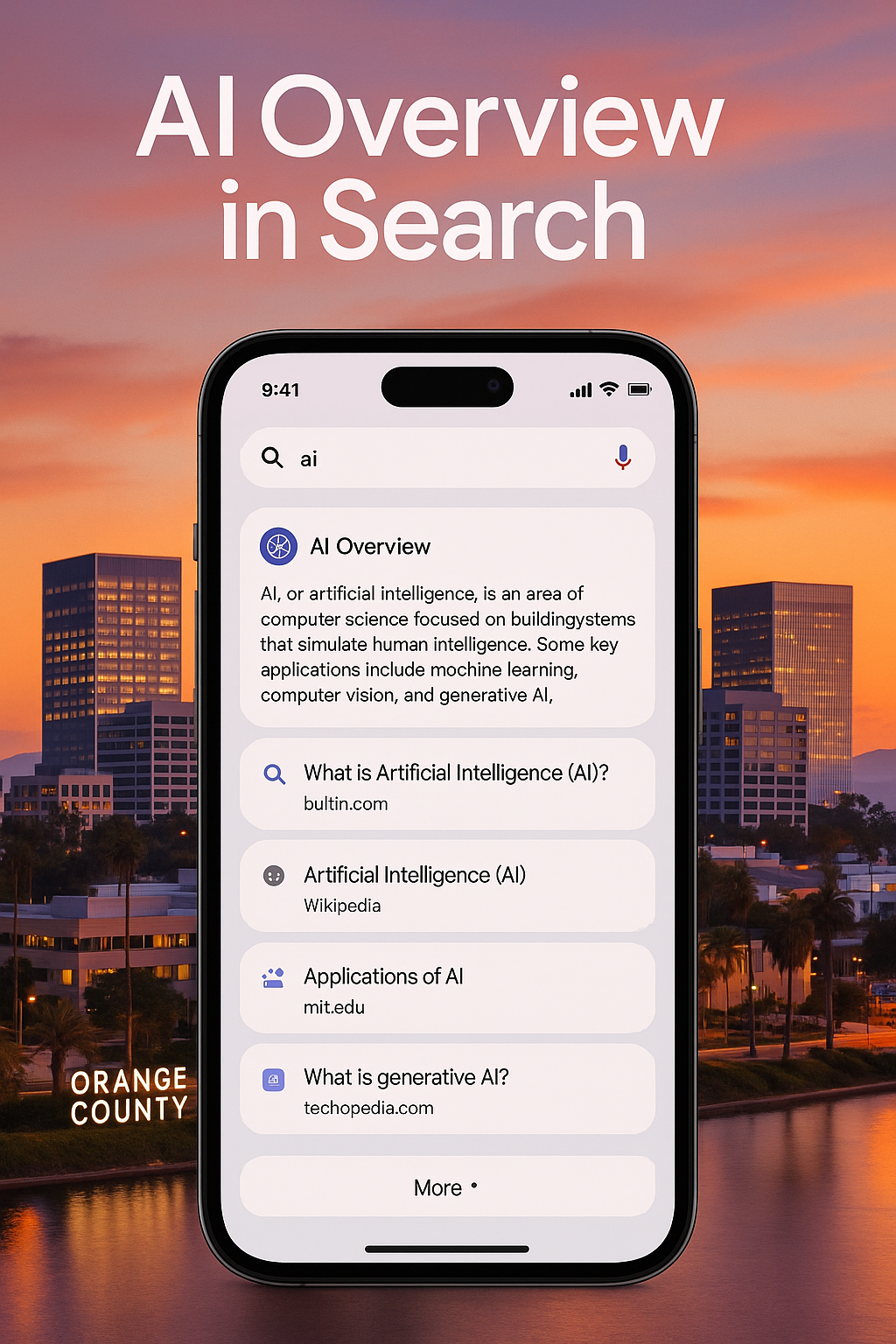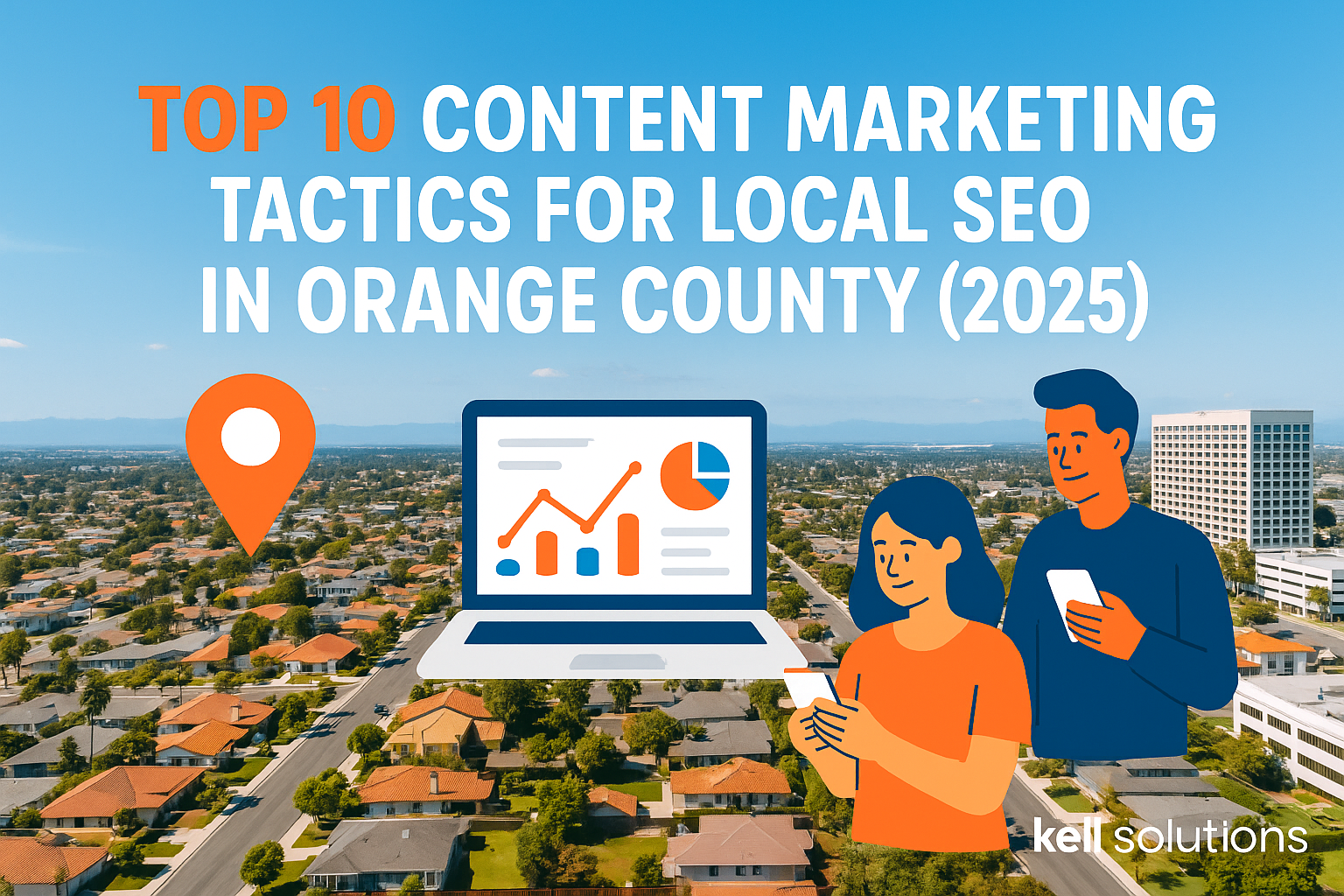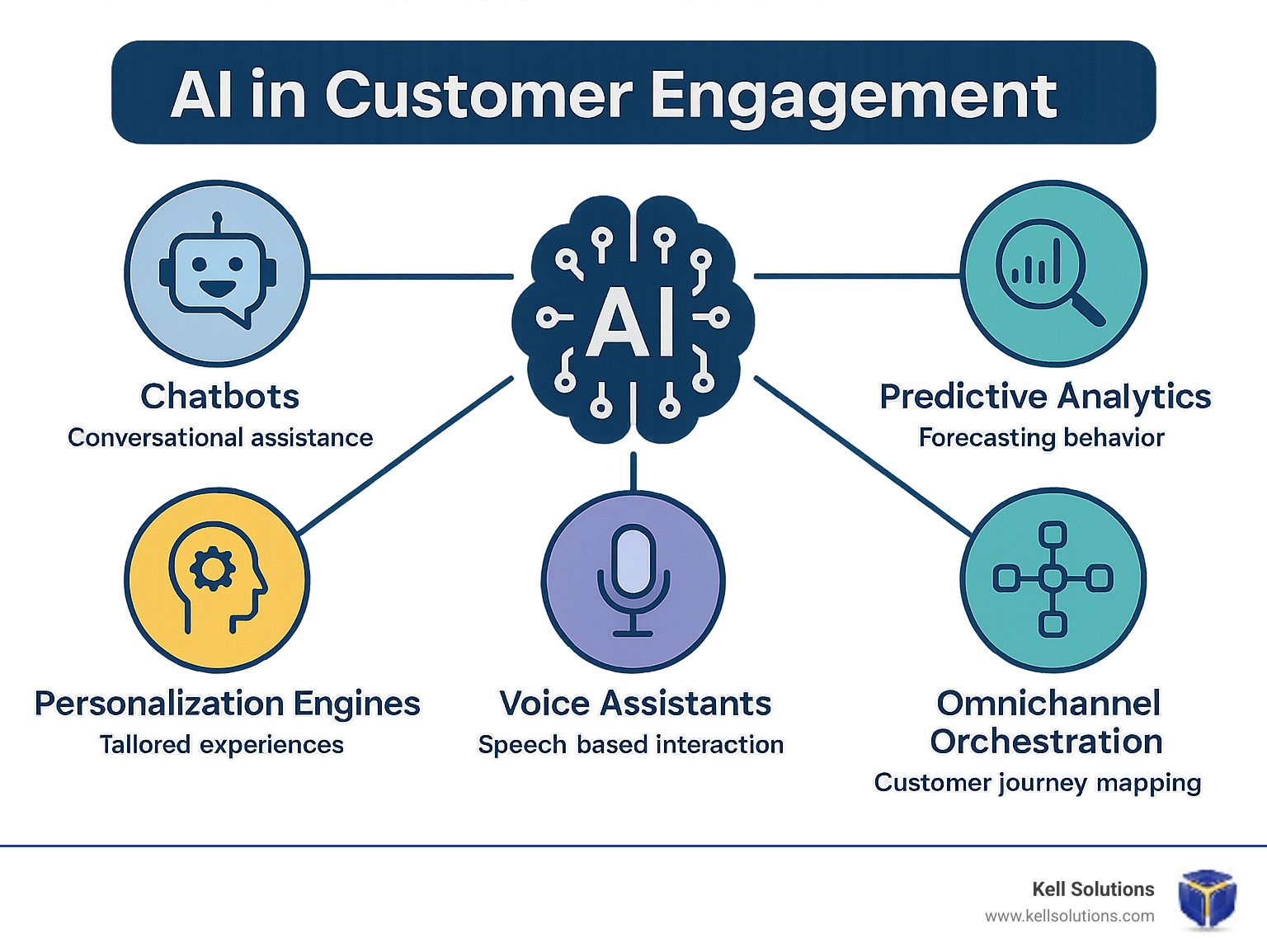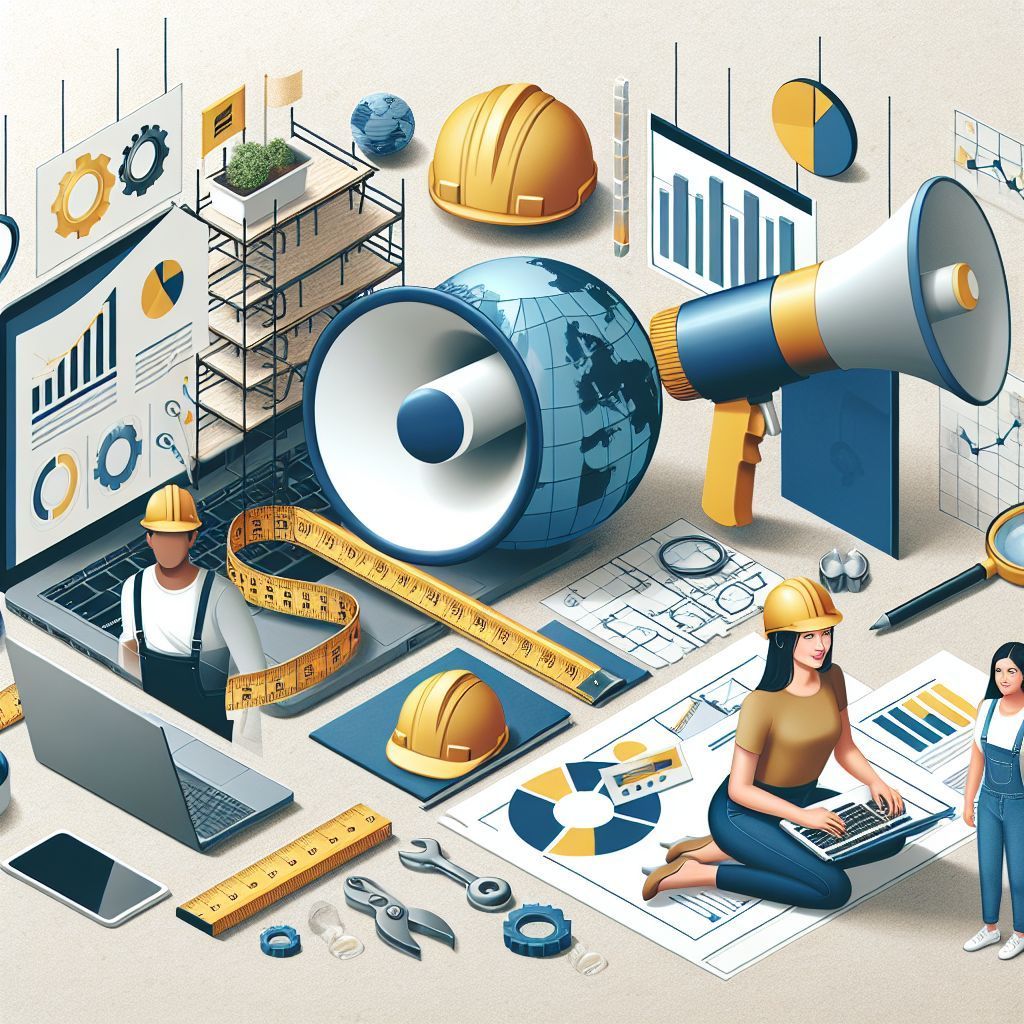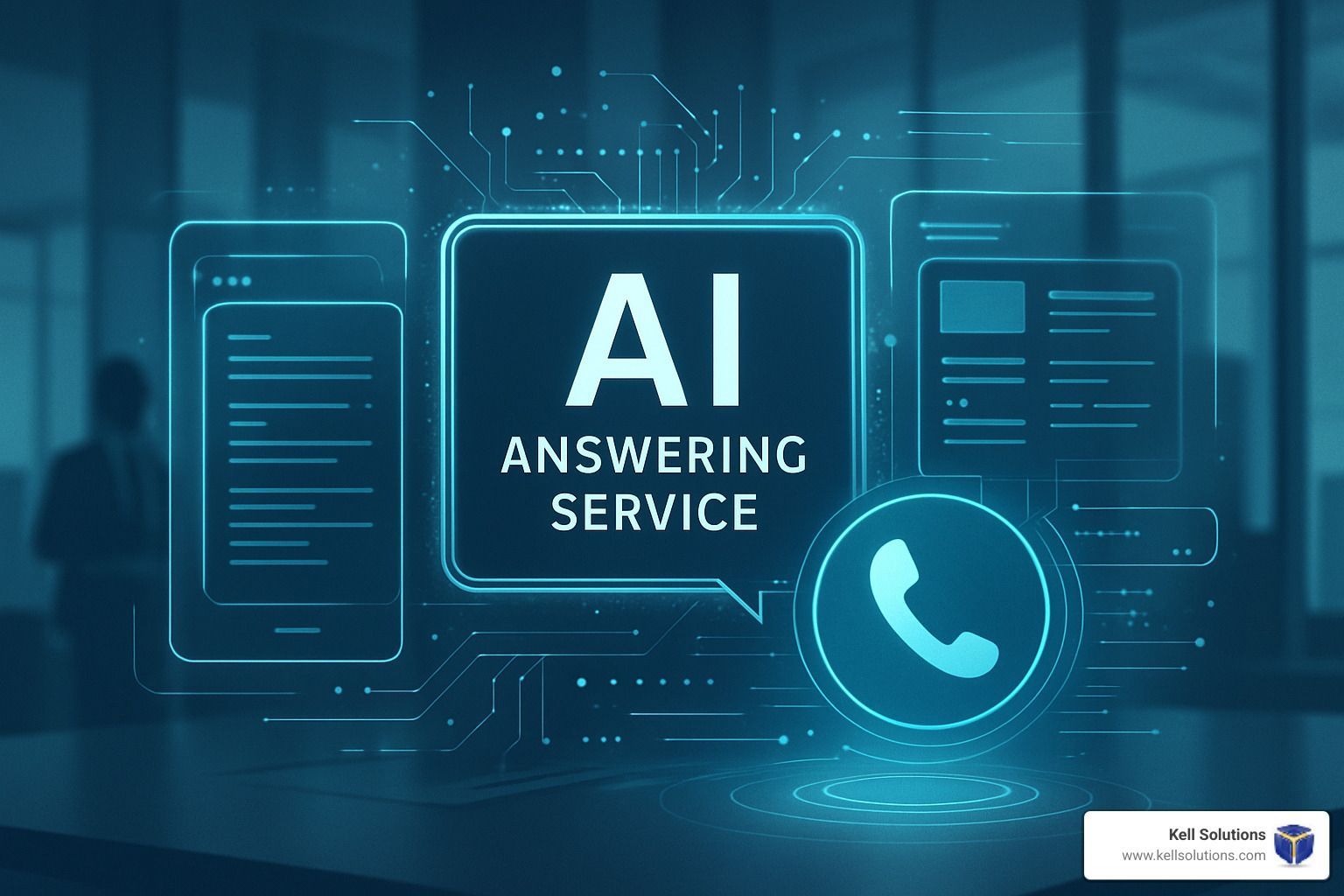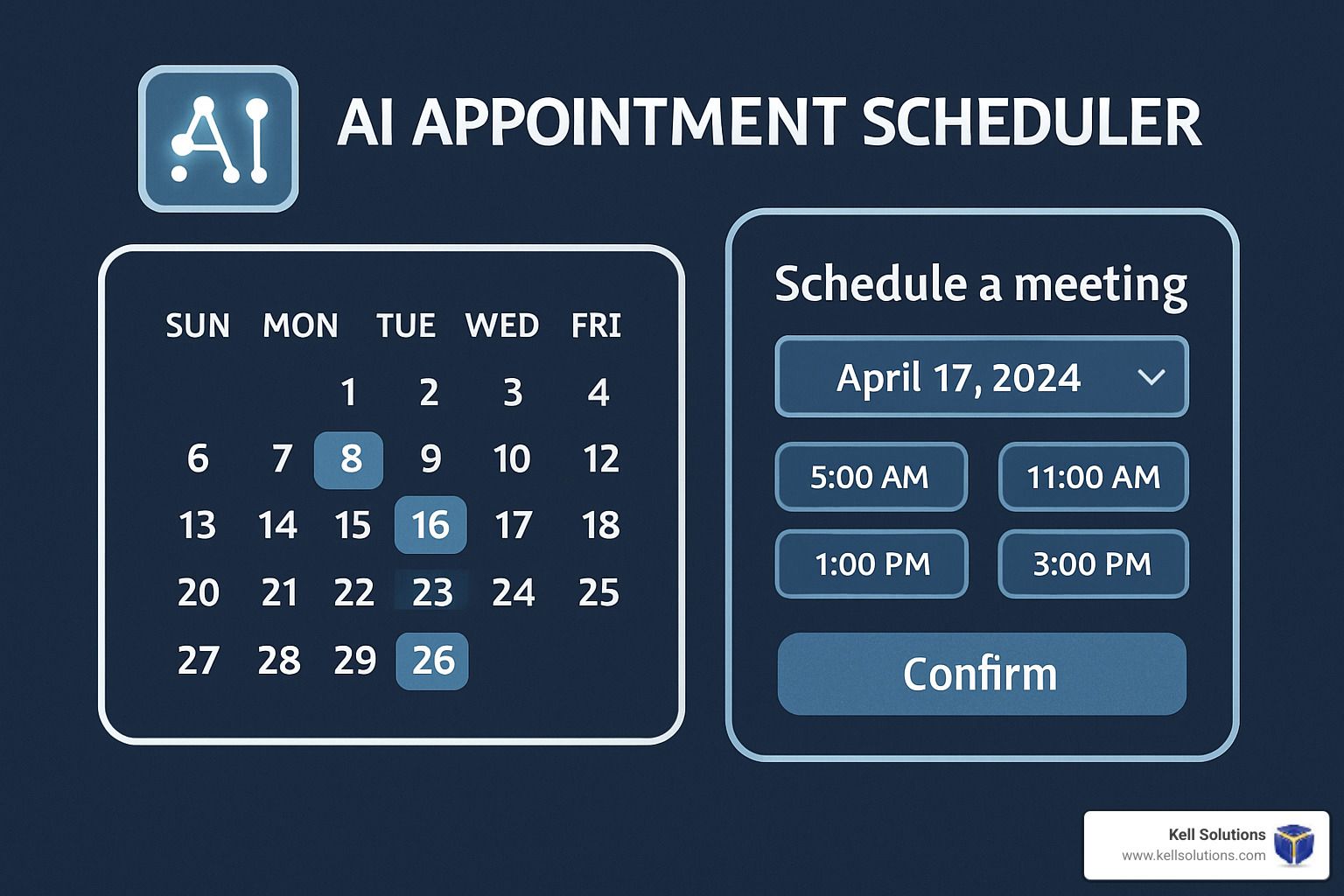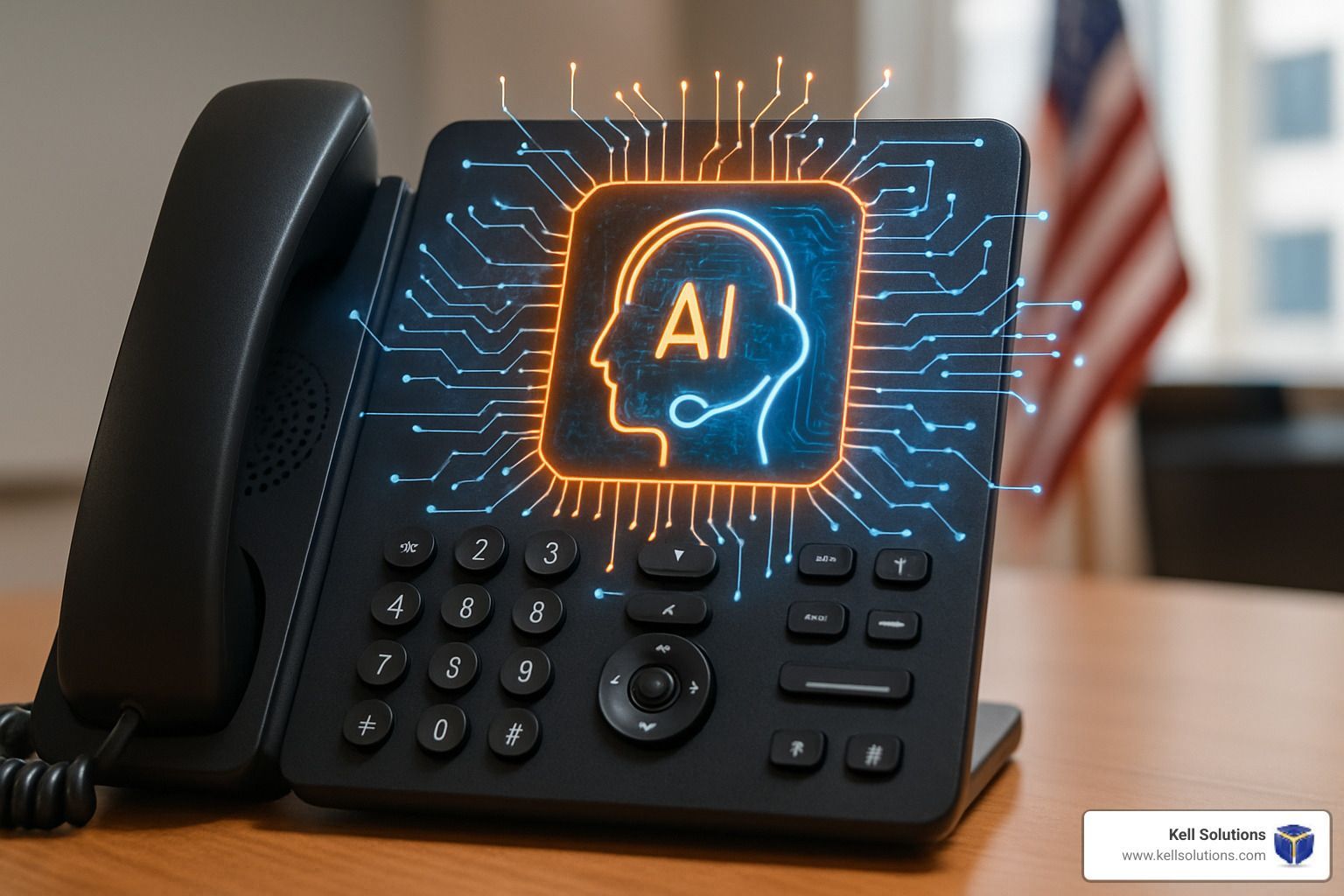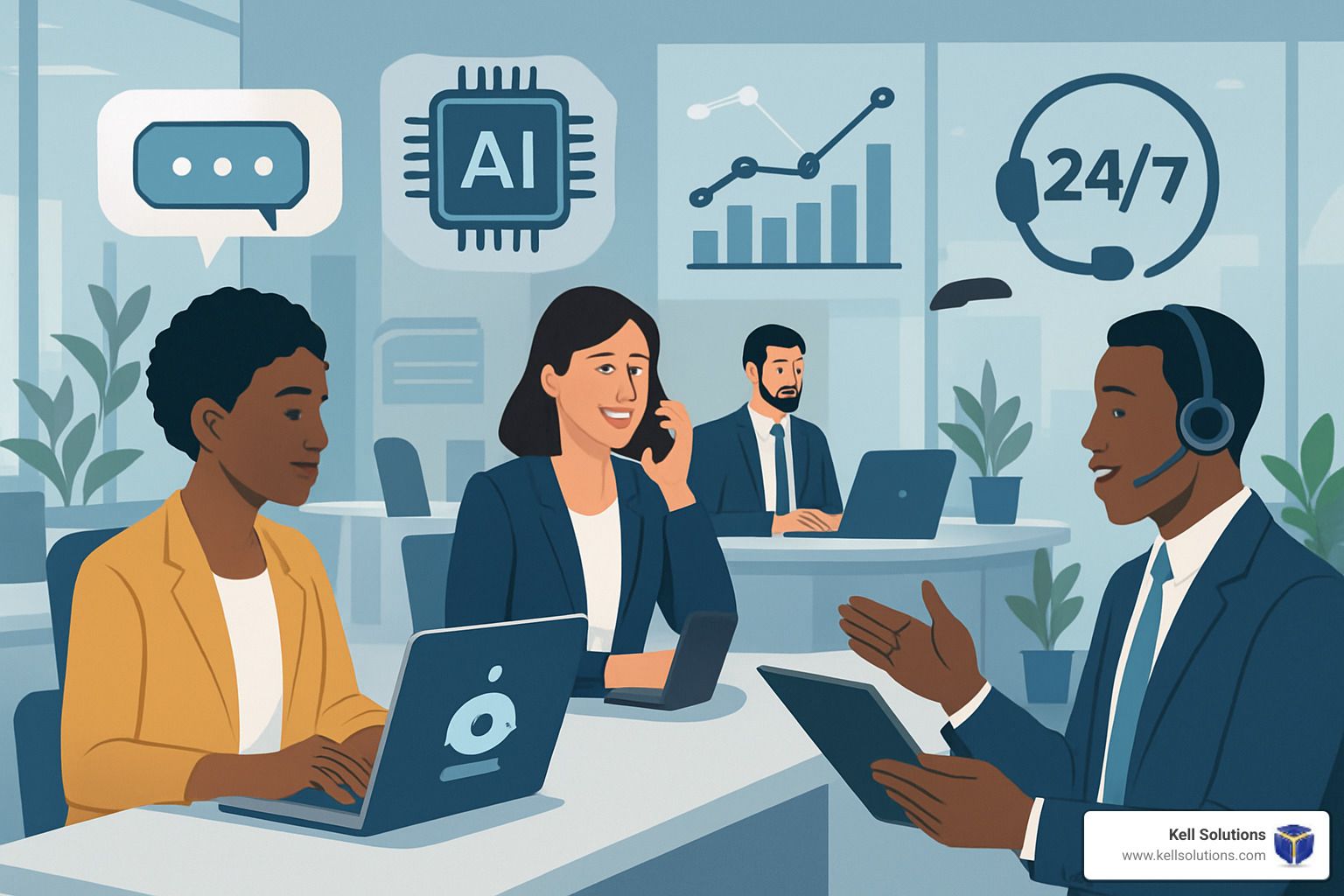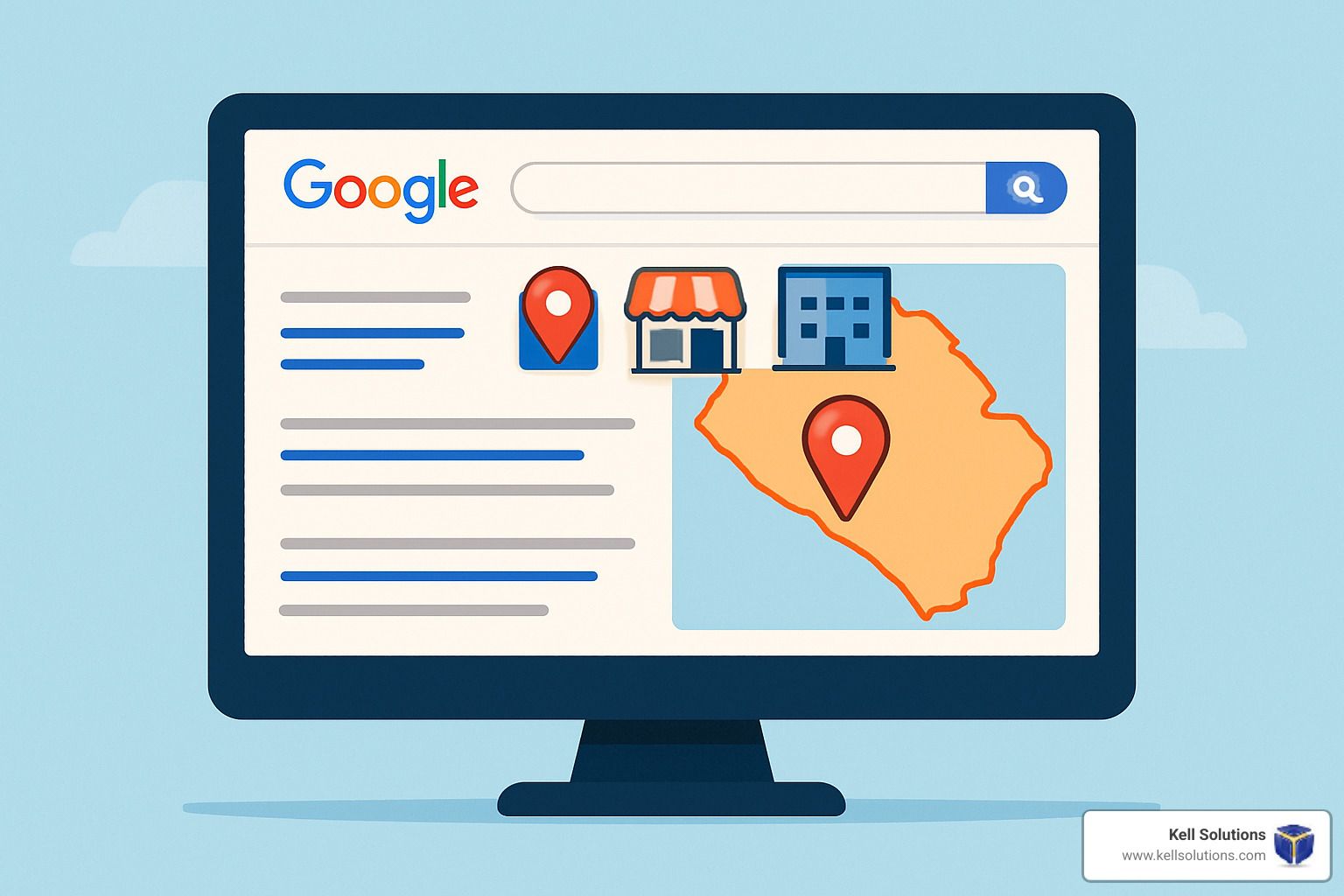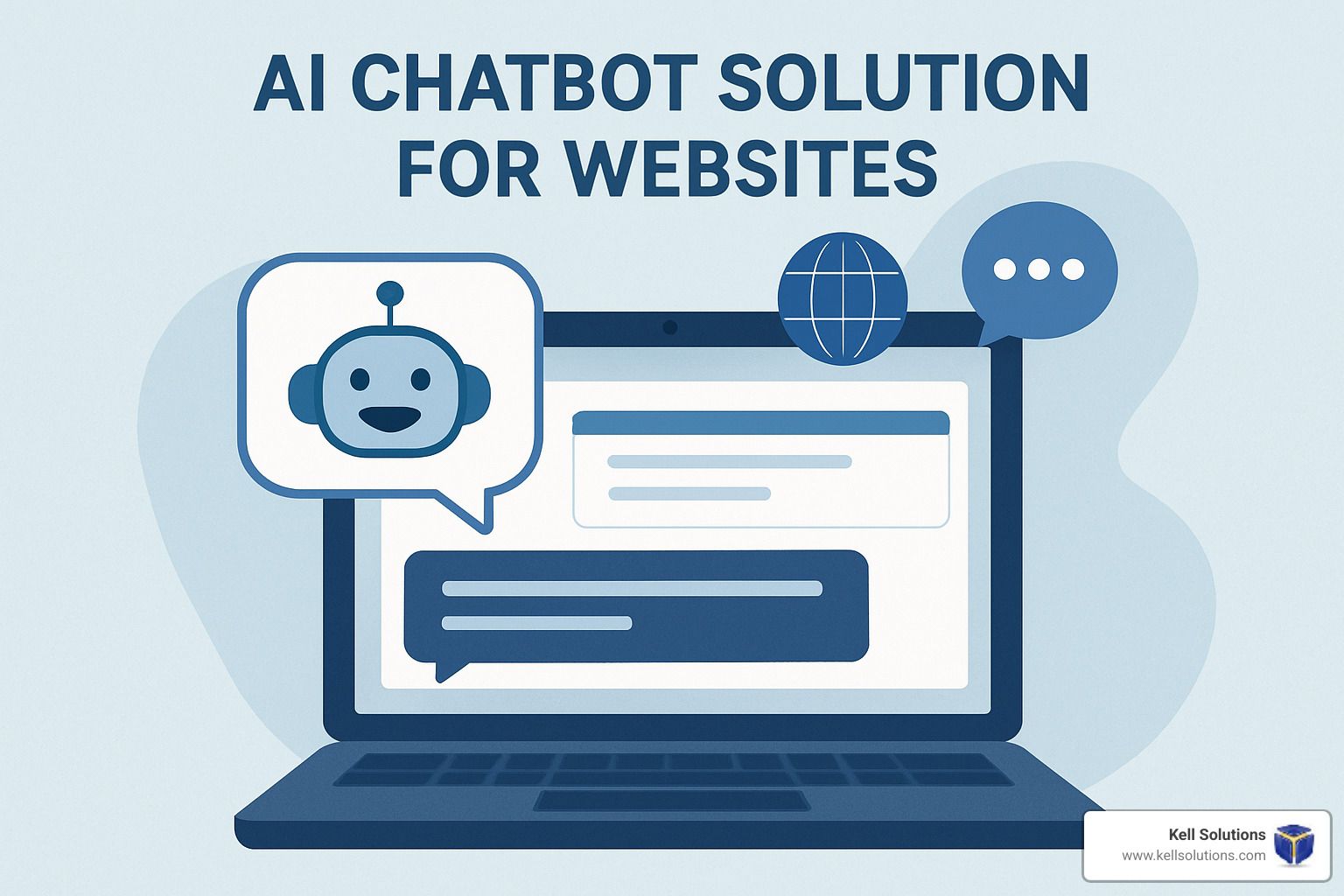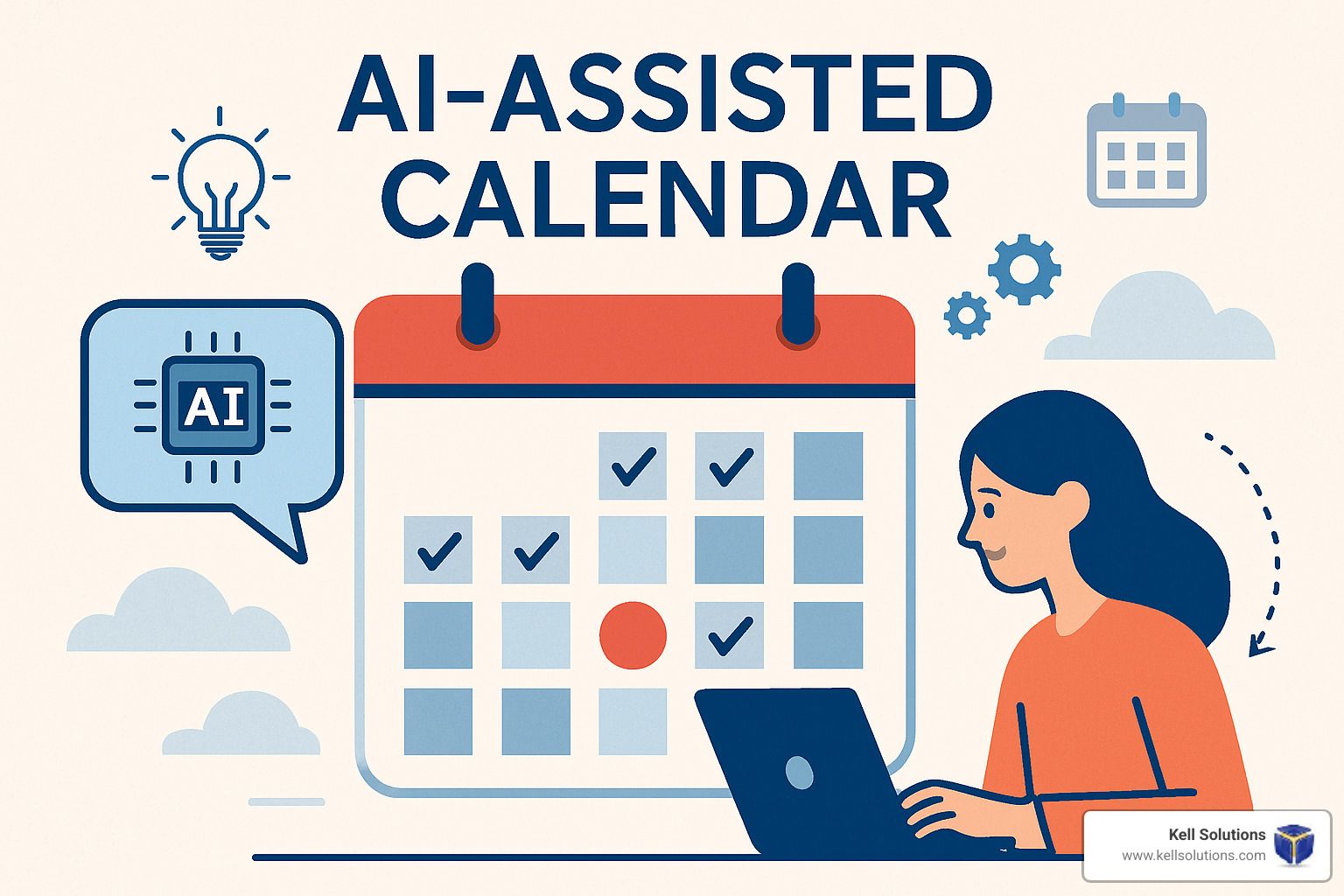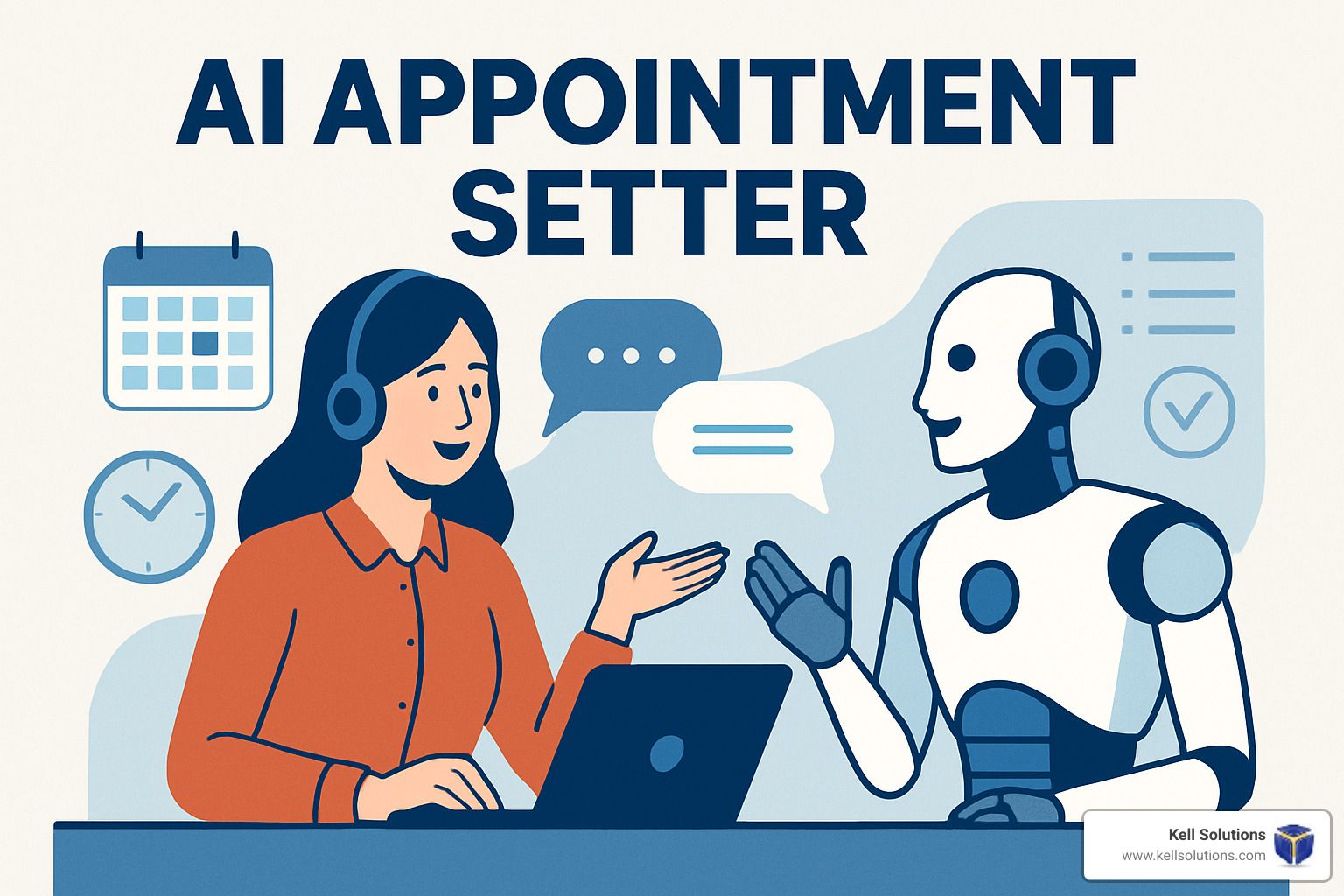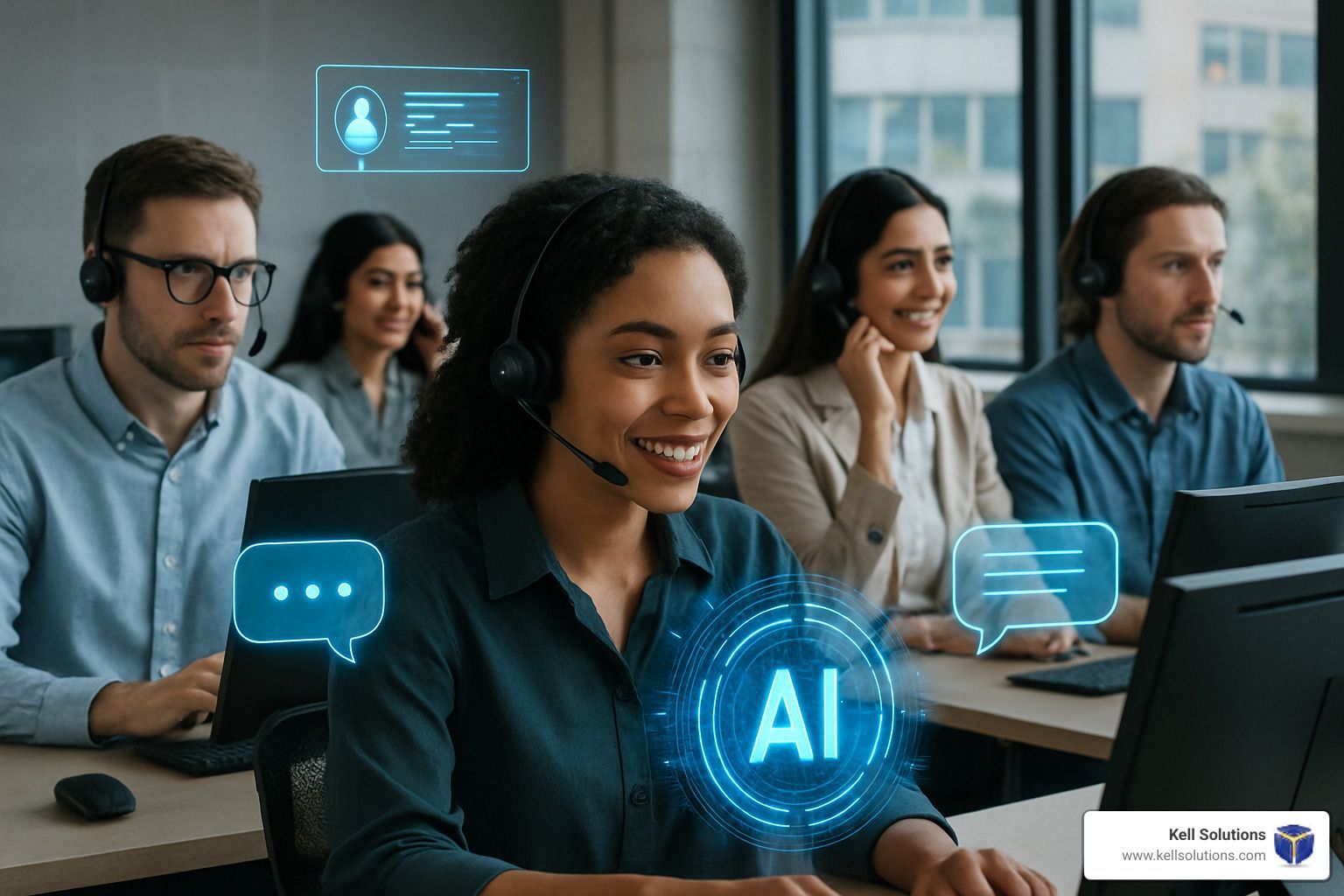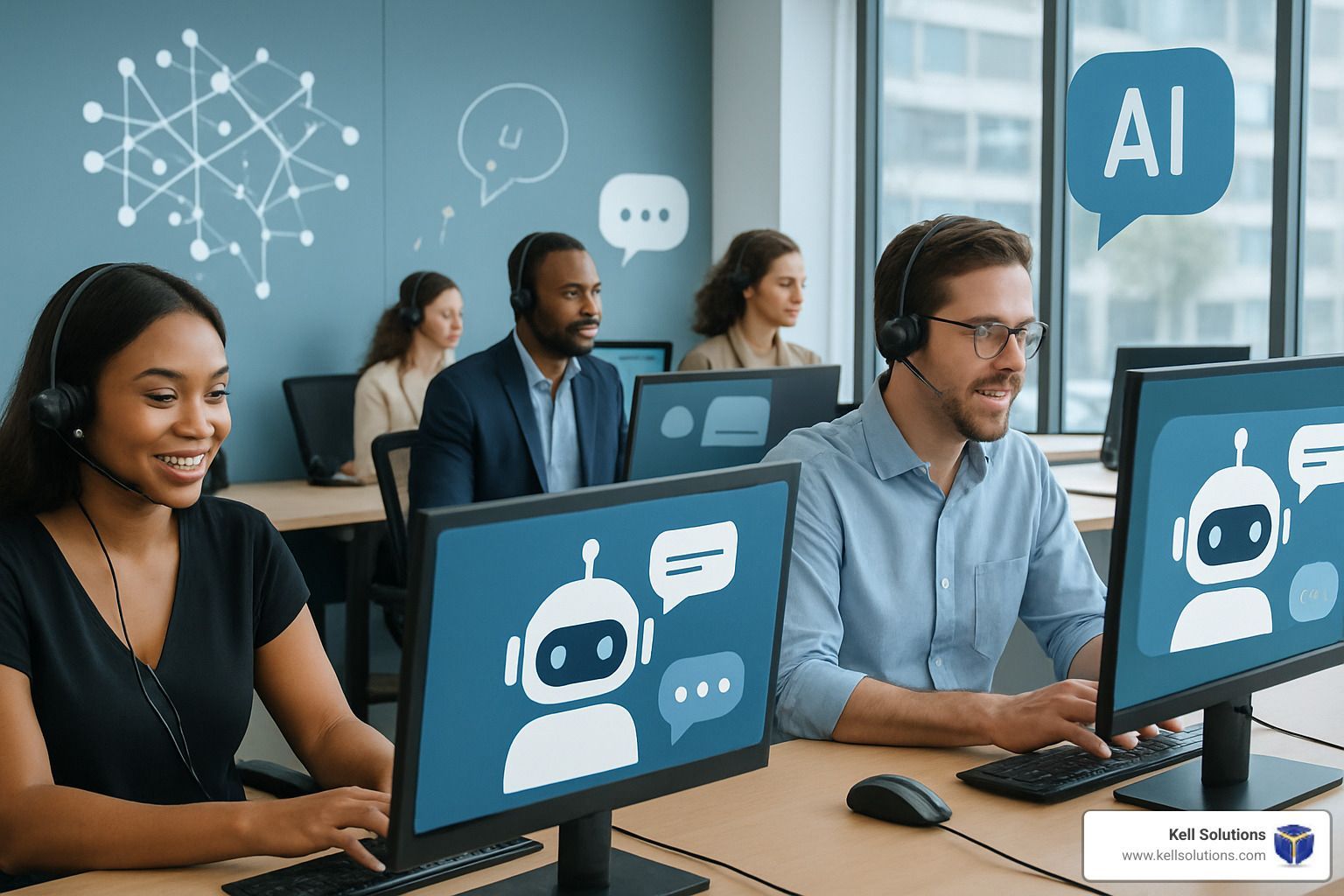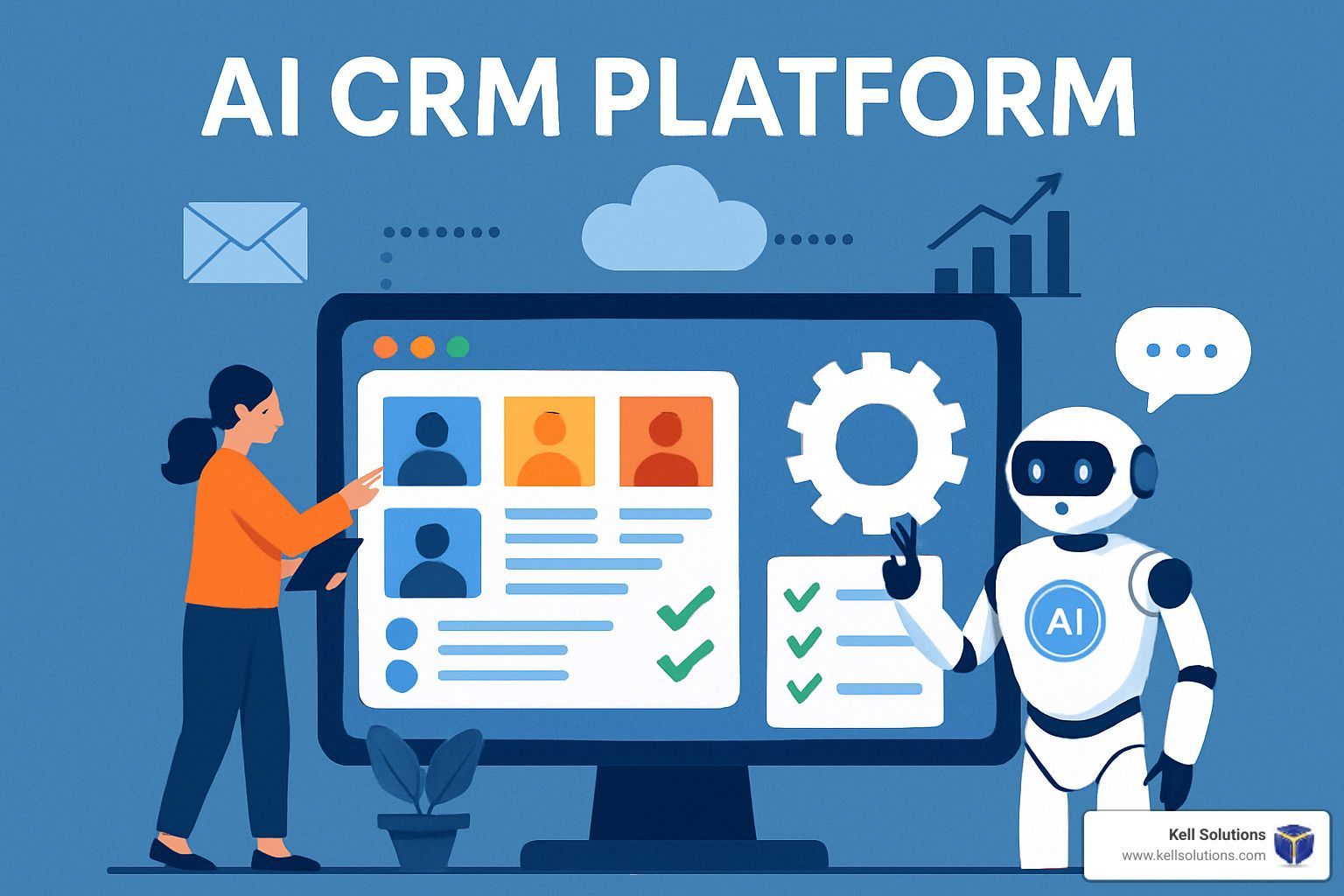Best AI Chatbot Solutions & Human Support Examples
Enhancing Customer Experience with AI

In the dynamic world of customer communication, leveraging the right tools can transform your business. AI chatbots are leading the charge, offering efficiency and innovation in customer support. Let's dive into how you can enhance your strategies using these powerful solutions.
Key Takeaways
- AI chatbots like ChatGPT can handle complex tasks, improving productivity and efficiency.
- Wonderchat offers transparency in customer support by citing sources and escalating issues to human agents when needed.
- AiseraGPT is ideal for automating enterprise-level customer service and IT support.
- No-code builders like ManyChat allow for quick deployment and easy integration into existing systems.
- Combining AI with human support ensures empathy and expertise are available when automation reaches its limits - improving the success rate in a small business AI adoption project.
Top AI Chatbot Solutions for Modern Businesses
AI chatbots have revolutionized how businesses interact with customers. They're no longer limited to simple question-and-answer sessions; these chatbots can handle complex inquiries and provide personalized support. Here's a look at some of the top AI chatbot solutions available today.
ChatGPT by OpenAI: Flexibility and Multimodal Capabilities
ChatGPT stands out for its ability to manage multifaceted tasks across various domains, from writing to data analysis. This flexibility makes it a versatile tool for businesses looking to enhance productivity and engage customers more effectively.
Wonderchat: Transparent Customer Support
Wonderchat is known for its transparency. It cites sources during interactions and can seamlessly escalate complex issues to human agents, ensuring customers receive accurate and comprehensive support. This approach builds trust and enhances the overall customer experience.
- Wonderchat's transparency helps maintain customer trust.
- Its ability to escalate issues ensures that complex queries are handled appropriately.
- Source citation adds an extra layer of credibility to the information provided.
AiseraGPT: Automating Enterprise-Level Support
AiseraGPT is designed for large-scale operations, automating customer service and IT support. It excels in handling high volumes of inquiries, allowing human agents to focus on more complex tasks. This solution is ideal for enterprises looking to streamline their support processes.
By integrating AI chatbots like AiseraGPT, businesses can significantly reduce response times and improve customer satisfaction. The automation of routine inquiries frees up human resources, enabling them to tackle more intricate issues.
- AiseraGPT can handle high volumes of customer inquiries efficiently.
- Automation allows human agents to focus on complex tasks.
- Ideal for enterprises seeking to streamline support processes.
No-Code Builders: Quick Deployment Solutions
No-code builders, such as ManyChat, offer businesses the opportunity to deploy AI chatbots quickly and with minimal technical expertise. These platforms provide user-friendly interfaces that make it easy to integrate chatbots into existing systems.
With no-code builders, you can create and customize chatbots tailored to your business needs without extensive programming knowledge. This flexibility allows businesses of all sizes to benefit from AI-driven customer support.
Improving Customer Support through AI and Human Integration
While AI chatbots are incredibly efficient, they work best when combined with human support. This integration ensures that customers receive the empathy and understanding that only a human can provide, especially in complex or sensitive situations.
Most importantly, businesses that leverage both AI and human support can offer a more comprehensive and satisfactory customer experience. The balance between automation and human interaction is crucial for maintaining customer trust and loyalty.
To achieve this balance, consider the following strategies:
- Implement AI chatbots for routine inquiries and troubleshooting.
- Ensure seamless handover to human agents for complex issues.
- Train human agents to handle escalated cases with empathy and expertise.
Instant Triage and Troubleshooting
AI chatbots excel at providing instant responses to common customer inquiries. This capability is particularly beneficial for businesses dealing with high volumes of customer interactions. By automating the initial triage process, chatbots can quickly direct customers to the appropriate resources or solutions.
Seamless Handover Between Channels
One of the critical aspects of effective customer support is ensuring a seamless transition between AI chatbots and human agents. When a chatbot reaches the limits of its capabilities, it should smoothly transfer the conversation to a human representative. This transition must be quick and efficient to maintain the flow of the conversation and prevent customer frustration.
To achieve this, businesses should implement systems that allow chatbots to recognize when a human agent is needed and initiate the handover process. This might include providing the agent with a summary of the conversation so far, ensuring they are fully informed and ready to assist the customer without delay.
Interactive Onboarding and Product Tours
AI chatbots, acting as AI Virtual Assistants, can significantly enhance the onboarding process for new customers by providing interactive product tours and tutorials. This approach helps customers understand how to use a product or service effectively, increasing their satisfaction and reducing the likelihood of future support inquiries.
Interactive onboarding can include step-by-step guides, video tutorials, and real-time assistance from chatbots. By engaging customers from the outset, businesses can build a strong foundation for a positive long-term relationship.
Critical Features of Successful AI and Human Support Systems
For a support system to be truly effective, it must combine the strengths of both AI and human agents. Each plays a vital role in delivering comprehensive customer service, and their integration is crucial for success.
Successful systems share several key features, such as real-time data collection, customized user experiences, and scalability. Let's explore these features in more detail.
Real-Time Data Collection and Analysis
Real-time data collection and analysis are essential for understanding customer needs and improving support services. AI chatbots can gather valuable data during interactions, such as common customer issues, frequently asked questions, and user feedback.
This data can then be analyzed to identify trends and areas for improvement. By continuously refining their support processes based on real-time insights, businesses can enhance the quality of their customer service and anticipate future needs.
Customized User Experiences
Every customer is unique, and a one-size-fits-all approach to support is often ineffective. AI chatbots can be programmed to deliver personalized experiences by using customer data to tailor their interactions. This might include addressing customers by name, remembering past interactions, or suggesting relevant products and services.
Customized experiences make customers feel valued and understood, which can lead to increased satisfaction and loyalty. Businesses should strive to personalize every aspect of their support, from automated responses to human interactions.
Built-In Scalability and Adaptability
As businesses grow, their customer support needs will inevitably change. A successful support system must be scalable and adaptable to accommodate this growth. AI chatbots are inherently scalable, capable of handling large volumes of inquiries without compromising on response times or quality.
Moreover, chatbots can be updated and reprogrammed to adapt to new products, services, or customer preferences. This flexibility ensures that businesses can continue to provide top-notch support, regardless of how their needs evolve.
Choosing the Right Chatbot for Your Business Needs
Selecting the right AI chatbot is a critical decision that can significantly impact your customer support strategy. It's important to choose a solution that aligns with your business goals and meets your specific needs.
To make an informed decision, consider factors such as the complexity of your customer inquiries, the volume of interactions, and the level of integration required with existing systems. Let's delve into these considerations further.
Factors to Consider Before Implementing AI Chatbots
Before implementing an AI chatbot, assess your current support processes and identify areas where automation could be beneficial. Consider the nature of your customer inquiries: Are they repetitive and straightforward, or do they require a nuanced understanding?
Additionally, evaluate the volume of interactions your business handles. High volumes may necessitate a more robust chatbot solution capable of managing numerous simultaneous conversations. Lastly, consider the level of integration required with your existing systems, such as CRM platforms or e-commerce solutions.
Aligning Chatbot Capabilities with Business Goals
It's crucial to align the capabilities of your chosen chatbot with your broader business objectives. For instance, if your goal is to improve customer satisfaction, focus on chatbots that offer personalized interactions and seamless transitions to human agents.
If cost reduction is a priority, consider chatbots that can handle a high volume of inquiries efficiently, freeing up human resources for more complex tasks. By aligning chatbot capabilities with your goals, you can maximize their impact on your business.
The Role of Human Expertise and Empathy in AI Deployment
While AI chatbots are powerful tools, they cannot replace the empathy and expertise that human agents bring to customer support. Therefore, it's essential to integrate human support into your strategy, ensuring that complex or sensitive issues are handled with care and understanding.
Human agents should be trained to complement the work of AI chatbots, stepping in when necessary to provide a personal touch. By balancing automation with human interaction, businesses can offer a well-rounded support experience that meets the diverse needs of their customers.
Future Trends in AI Chatbots and Human Support
As technology continues to evolve, AI chatbots are becoming more sophisticated and integrated into various aspects of business operations. These advancements are shaping the future of customer support, offering new opportunities for businesses to enhance their communication strategies.
Advancements in Natural Language Processing
Natural Language Processing (NLP) is at the heart of AI chatbot technology. Recent advancements in NLP have enabled chatbots to understand and respond to customer inquiries more accurately and naturally. This development allows for more human-like interactions, improving the overall customer experience.
Expanding AI Applications Across Industries
AI chatbots are no longer confined to customer service departments. They are being integrated into various industries, from healthcare to finance, providing specialized support and services. For example, in healthcare, chatbots can assist with appointment scheduling and patient inquiries, while in finance, they can offer investment advice and account management assistance.
Besides that, industries like retail and education are also leveraging AI chatbots to enhance their services. Retailers use chatbots to assist with product recommendations and order tracking, while educational institutions employ them to provide student support and information dissemination.
As AI technology continues to advance, we can expect to see even more innovative applications across diverse sectors, further solidifying the role of chatbots in business operations.
Integration of AI with IoT and Other Technologies
The integration of AI chatbots with the Internet of Things (IoT) and other emerging technologies is another exciting trend. This combination allows for more seamless and efficient operations, as chatbots can interact with connected devices to provide real-time support and automation.
For instance, in a smart home environment, AI chatbots can control IoT devices such as thermostats and security systems based on user preferences and commands. In the automotive industry, chatbots can assist drivers by providing navigation updates and vehicle diagnostics.
This integration not only enhances the functionality of chatbots but also opens up new possibilities for businesses to innovate and improve their customer support strategies.
Frequently Asked Questions
As businesses consider implementing AI chatbots, several common questions arise. Addressing these questions can help clarify the benefits and limitations of this technology, ensuring informed decision-making.
How do AI chatbots improve customer service?
AI chatbots improve customer service by providing quick and accurate responses to inquiries, reducing wait times, and enhancing overall efficiency. They can handle multiple interactions simultaneously, ensuring that customers receive timely support.
Moreover, chatbots can provide personalized experiences by using customer data to tailor their interactions. This personalization helps build stronger customer relationships and increases satisfaction.
By automating routine tasks, chatbots free up human agents to focus on more complex issues, ensuring that customers receive the empathy and expertise they need when it matters most.
"AI chatbots are transforming customer service by offering instant, personalized support, enabling businesses to meet the evolving needs of their customers."
What are the limitations of AI chatbots?
While AI chatbots offer numerous benefits, they do have limitations. They may struggle with understanding complex or nuanced inquiries, leading to potential misunderstandings or incorrect responses.
Additionally, chatbots lack the emotional intelligence of human agents, which can be crucial in handling sensitive or emotionally charged situations. Therefore, it's essential to have human support available to address these scenarios.
When should a human agent take over a conversation?
A human agent should take over a conversation when a chatbot reaches the limits of its capabilities. This includes situations where the inquiry is complex, sensitive, or requires empathy and understanding that only a human can provide.
Which industries benefit most from AI chatbots?
Industries that handle high volumes of customer interactions, such as retail, finance, and healthcare, benefit significantly from AI chatbots. These sectors can leverage chatbots to automate routine inquiries, improve response times, and enhance customer satisfaction.
Moreover, industries with a strong focus on personalization and customer engagement, such as hospitality and travel, can also benefit from integrating AI chatbots into their operations.
What should I consider when choosing a chatbot solution?
When choosing a chatbot solution, consider factors such as the complexity of your customer inquiries, the volume of interactions, and the level of integration required with existing systems.
Ultimately, the right chatbot solution should align with your business goals and enhance your overall customer support strategy.
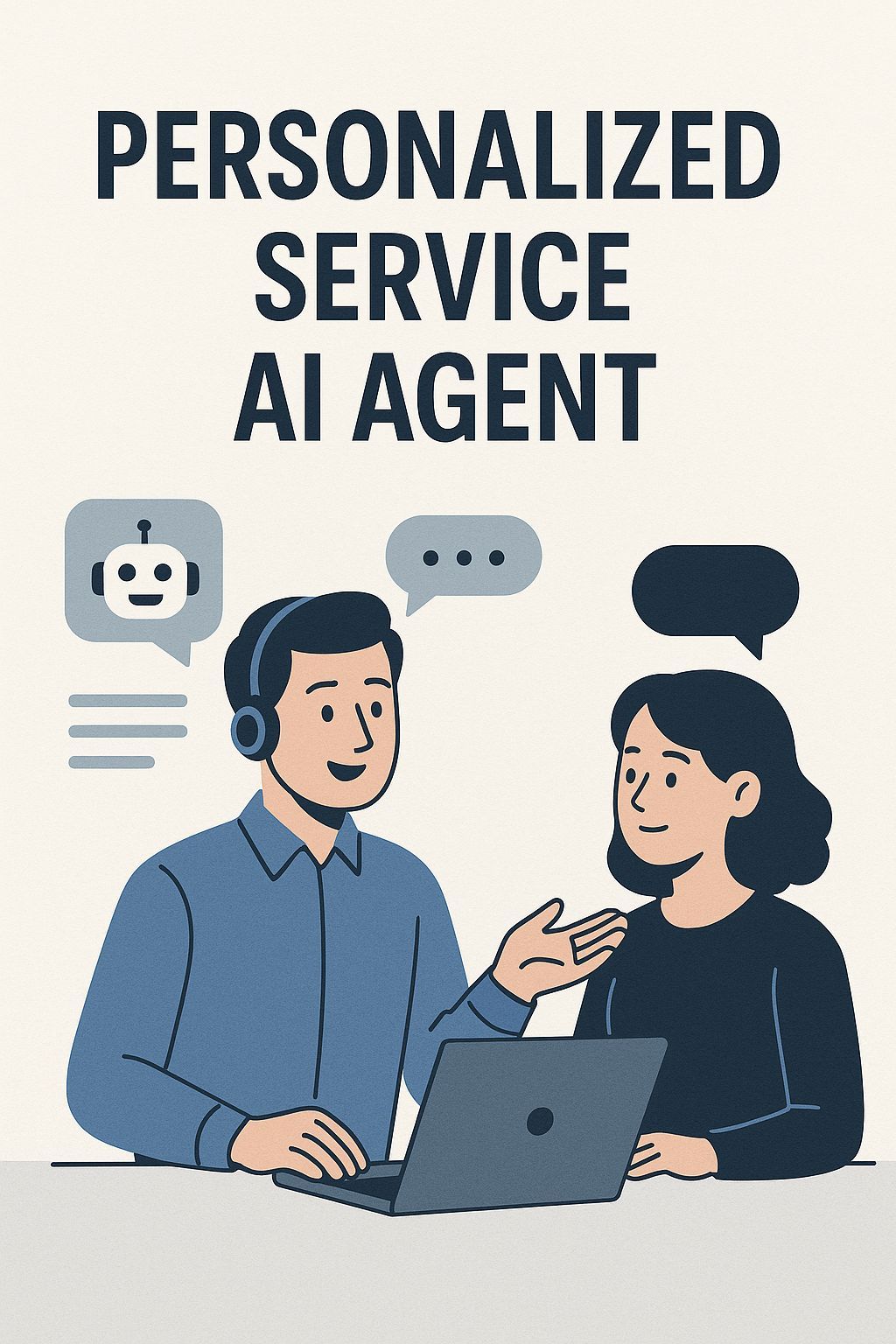

Orange County HVAC Google AI Overview Domination: 7 Proven Strategies to Capture Featured AI Results


